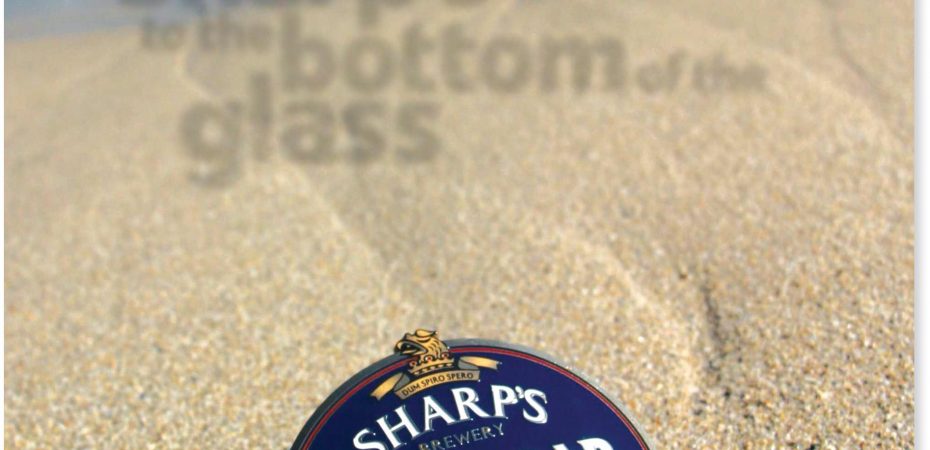My wife and sons are all too familiar with the following episode during our annual summer holiday. It begins with my saying: “On the way to the beach, can we make a small detour to look at a new microbrewery that’s just opened?”
It continues, some three hours later, with the sun gone and rain falling in torrents. The morning has involved (a) getting lost three times (b) finally finding the minor road but getting stuck behind a tractor and (c) discovering that the brewery is shut while the owner pursues his second job as the village postman.
It was in this manner in 1994 that I found Bill Sharp in his brand-new brewery on the aptly named (as far as my family was concerned) Pityme Industrial Estate near Rock in Cornwall.
At least Bill was there, not delivering the post. But, scrubbing his fermenter on a warm day and with a new brew to mash in, he wasn’t able to do more than shake hands and recommend a good divorce lawyer.
A decade on, Sharp’s has become a phenomenon. It is one of the fastest-growing breweries in Britain and has long left behind the status of a micro. It is, indisputably, a regional company, vying with St Austell Brewery, which dates from the 19th century, as the biggest producer of cask ale in Cornwall. Sharp’s is still on the same industrial estate but now occupies most of it, not just one small building.
The company has changed hands. In 2003 Nick Baker and Joe Keohane bought the business but Bill Sharp remains as a minority shareholder and advisor. Nick is a lawyer who owned R&B Foods, Joe a biochemist and accountant. Together they worked on research and development for Dolmio, the pasta sauce company.
“Then we saw something exciting in cask ale,” Joe says. “We felt Doom Bar was a strong brand with great potential.”
Such has been the dynamic growth of Doom Bar and the other Sharp’s beers that R&B Foods has been sold and Nick and Joe have no further connection with Dolmio.
Press stories about Sharp’s being bought by Dolmio had no basis in reality. Sharp’s is now producing 25,000 barrels a year, using equipment with a 75-barrel brew length. The company will boost that figure considerably when a new additional 50-barrel plant is installed this year. To create maximum flexibility, Bill Sharp’s original 10-barrel kit is still used for short-run or experimental brews. Joe Keohane scratches his head in bewilderment at any talk of a ‘real ale crisis.’ Sales at Sharp’s grew by 35 per cent last year and he has seen double-digit growth every year. This success is based on a strategy to build sales both within and without Cornwall.
“Sales used to drop by half at the end of August in Cornwall,” he says. “Now tourism has changed – people are coming here in the autumn as well. But we have to expand outside the county.”
Sharp’s is making a big effort to develop sales in Bristol, the Southwest and Wales. The brewery has a depot in Bristol with a sales team of three. A bar is installed at Bristol University during freshers’ week in a bid to win young drinkers from lager to the joys of cask beer. A similar event is held at Plymouth University.
The brewery has listings for its beer with such major wholesalers as Beer Seller and East-West Ales, but 98 per cent of cask beer is delivered direct. Sharp’s has London in its sights and will tackle the capital once it has established a depot there. Further afield, bottled beers will be test marketed in China, Italy and the United States. Baker and Keohane have no plans to buy pubs. They target pub companies and the free trade. The strategy marks them out from St Austell, which has the bedrock of an estate of 150 pubs.
“St Austell left a free trade gap,” Joe says. “Enterprise and Punch are buying pubs in Cornwall and we have a good relationship with them. And there’s also lots of genuine free trade.”
He and his sales team scour the West Country for every possible outlet. They appear at Campaign for Real Ale beer festivals and at county shows where they offer tastings and free samples.
Article continues in Issue 6 of Beers of the World

